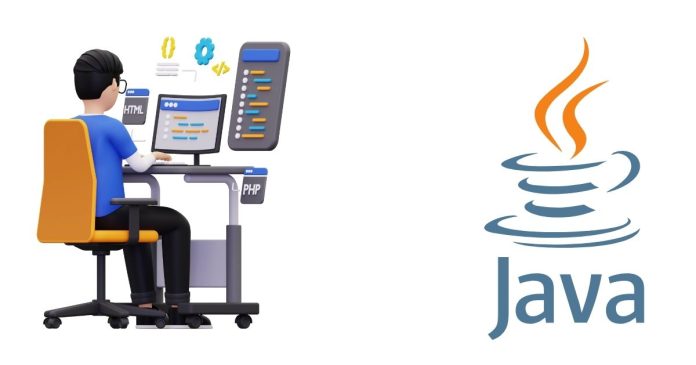Java is one of the most popular programming languages in the world, powering everything from web applications to enterprise systems. Whether you’re a beginner or an experienced developer looking to refine your skills, having the right resources can make all the difference. Here’s a list of the top 10 Java books that every programmer should consider adding to their library in 2025.
1. Effective Java (3rd Edition) by Joshua Bloch
Often regarded as the bible for Java developers, this book provides invaluable advice on best practices for writing high-quality, maintainable Java code. The third edition covers Java 9 and later, making it relevant for modern-day developers.
Why it’s great:
- Focuses on design patterns and coding conventions.
- Filled with practical examples.
- Written by one of Java’s leading experts.
2. Java: The Complete Reference (12th Edition) by Herbert Schildt
A comprehensive guide that’s perfect for beginners and intermediate developers alike. This book covers the basics of Java as well as advanced topics like multithreading, generics, and JavaFX.
Why it’s great:
- Clear explanations and examples.
- Covers Java 17, the current LTS version.
- A great reference for both learning and revisiting concepts.
3. Head First Java (3rd Edition) by Kathy Sierra and Bert Bates
If you’re a beginner looking for an engaging and visually rich way to learn Java, this book is a perfect choice. It uses a unique approach with puzzles, illustrations, and quirky analogies to teach Java fundamentals.
Why it’s great:
- Fun and interactive.
- Simplifies complex concepts.
- Great for self-paced learning.
4. Java Performance: The Definitive Guide by Scott Oaks
Performance optimization is a critical skill for Java developers. This book dives deep into the JVM, garbage collection, and other performance-related topics.
Why it’s great:
- Offers practical advice on tuning and optimizing Java applications.
- Covers JVM internals in detail.
- Perfect for experienced developers.
5. Modern Java in Action by Raoul-Gabriel Urma, Mario Fusco, and Alan Mycroft
This book focuses on the functional programming features introduced in Java 8 and beyond, such as lambdas, streams, and the Optional class. It also covers reactive programming and the latest features of Java 17.
Why it’s great:
- Comprehensive coverage of modern Java features.
- Includes practical use cases and examples.
- Ideal for developers looking to adopt a functional style.
6. Core Java Volume I—Fundamentals (12th Edition) by Cay S. Horstmann
Core Java is a staple for anyone looking to master Java fundamentals. The 12th edition has been updated to cover Java 17 and provides detailed explanations of core Java features.
Why it’s great:
- Well-structured and thorough.
- Covers both basics and advanced topics.
- Excellent for intermediate learners.
7. Java Concurrency in Practice by Brian Goetz
Concurrency is a challenging but essential aspect of Java programming. This book demystifies the complexities of concurrent programming with practical guidance.
Why it’s great:
- Written by industry experts.
- Focuses on building reliable and scalable applications.
- Explains key concepts like threads, locks, and the Java concurrency framework.
8. Spring in Action (6th Edition) by Craig Walls
For developers working with the Spring Framework, this book is a must-read. It covers the latest Spring features and teaches how to build robust, production-ready applications.
Why it’s great:
- Hands-on and example-driven.
- Covers Spring Boot and microservices.
- Written by a seasoned Spring expert.
9. Clean Code by Robert C. Martin
While not Java-specific, Clean Code is a timeless classic that teaches developers how to write readable, maintainable, and efficient code. Many examples in the book use Java, making it highly relevant.
Why it’s great:
- Emphasizes coding best practices.
- Helps improve code quality and team productivity.
- A must-read for developers of all levels.
10. Java Cookbook (4th Edition) by Ian F. Darwin
This book is a treasure trove of solutions to common Java programming problems. It’s perfect for developers who prefer a problem-solution approach to learning.
Why it’s great:
- Covers practical, real-world problems.
- Includes recipes for Java 17.
- A handy reference for quick solutions.
Whether you’re just starting your Java journey or looking to deepen your expertise, these books offer something for everyone. They cover a wide range of topics, from foundational concepts to advanced performance tuning and modern Java features. Pick the ones that resonate with your current needs, and happy coding!


